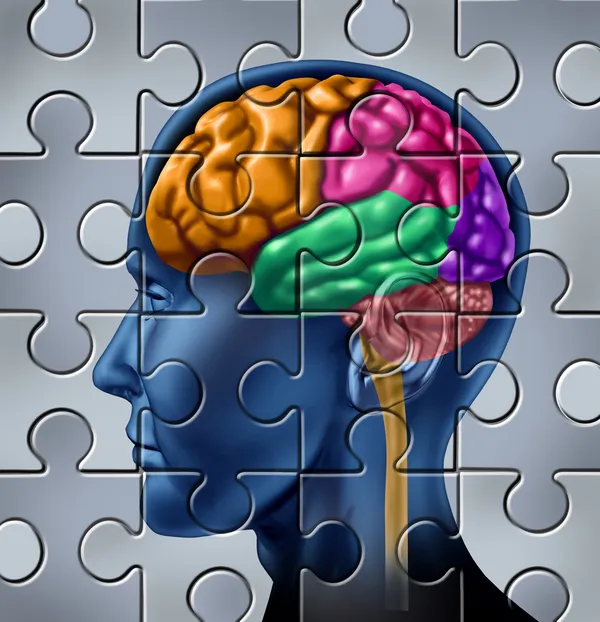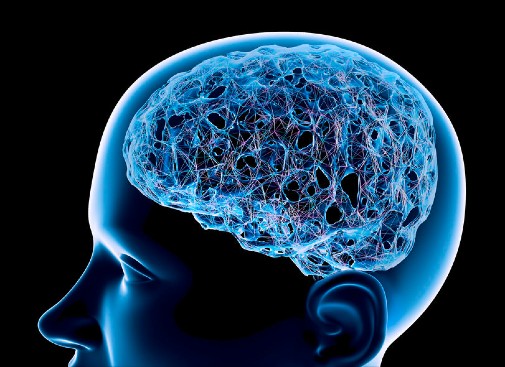Memory, a complex cognitive function, intertwines our past and future, shaping our identities and influencing our actions. As Luis Buñuel, a surrealist Spanish-born filmmaker, astutely noted, “Our memory is our coherence, our reason, our feeling, even our action.”
Our memories serve as internal biographies, narrating the stories of our lives and connecting us to others. To lose one’s memory is to sever a basic connection with one’s identity. Age-related memory loss not only presents cognitive challenges but also impacts daily life, making concerns about declining memory skills a prevalent fear as individuals age.
The unreliability of memory is evident in various studies, particularly in eyewitness testimony and the creation of false memories. Highly emotional memories, known as flashbulb memories, are not immune to distortion, as evidenced by changes in narratives over time.
The act of remembering involves a continual process of re-remembering, making each recollection susceptible to potential errors. Memory’s dynamic nature, influenced by both correspondence and coherence forces, highlights its susceptibility to shaping by present circumstances.

Childhood memories, often considered special and authentic, present a paradox. While cherished, they are subject to unreliability, with few individuals having reliable memories before the age of three or four. The cognitive tricks involved in autobiographical memory take time to develop, with language and narrative abilities playing crucial roles. Caution is advised when accepting early memories without corroborating evidence, given their susceptibility to contamination by visual images and the evolving nature of self-perception.
The brain’s role in memory construction becomes apparent when examining the interplay of sensory fragments and abstract event knowledge. Memories are not stored like video cassettes but are dynamic reconstructions influenced by present circumstances. Autobiographical memories are assembled as needed, making them nifty multimedia collages of how things were, shaped by how things are now.
Autobiographical memory seems to be reliable, as it is the system in the brain that enables individuals to recall and reconstruct personal experiences from their own lives. This type of memory involves remembering specific events, emotions, and contextual details associated with one’s past, contributing to the formation of a personal life narrative. Autobiographical memory, distinct from semantic memory and implicit long-term memory, allows us to reconstruct past events with sensory detail and relive them internally.

This unique ability to recall experiences contributes to the richness of our personal narratives. However, autobiographical memories may become susceptible to distortion when influenced by current emotions, beliefs, and the need to maintain coherence in self-perception.
Memory stands as a psychological marvel, guiding our actions, shaping our identities, and allowing us to traverse the realms of time. While memories may be unreliable, understanding their quirks fosters a more honest relationship with this intricate mental function. Embracing the narrative nature of memory allows for a nuanced appreciation of its role in shaping individual stories. Memory, in essence, makes storytellers of us all, providing a means for endlessly rewriting the self and navigating the complex link of our past and future.
Sources




